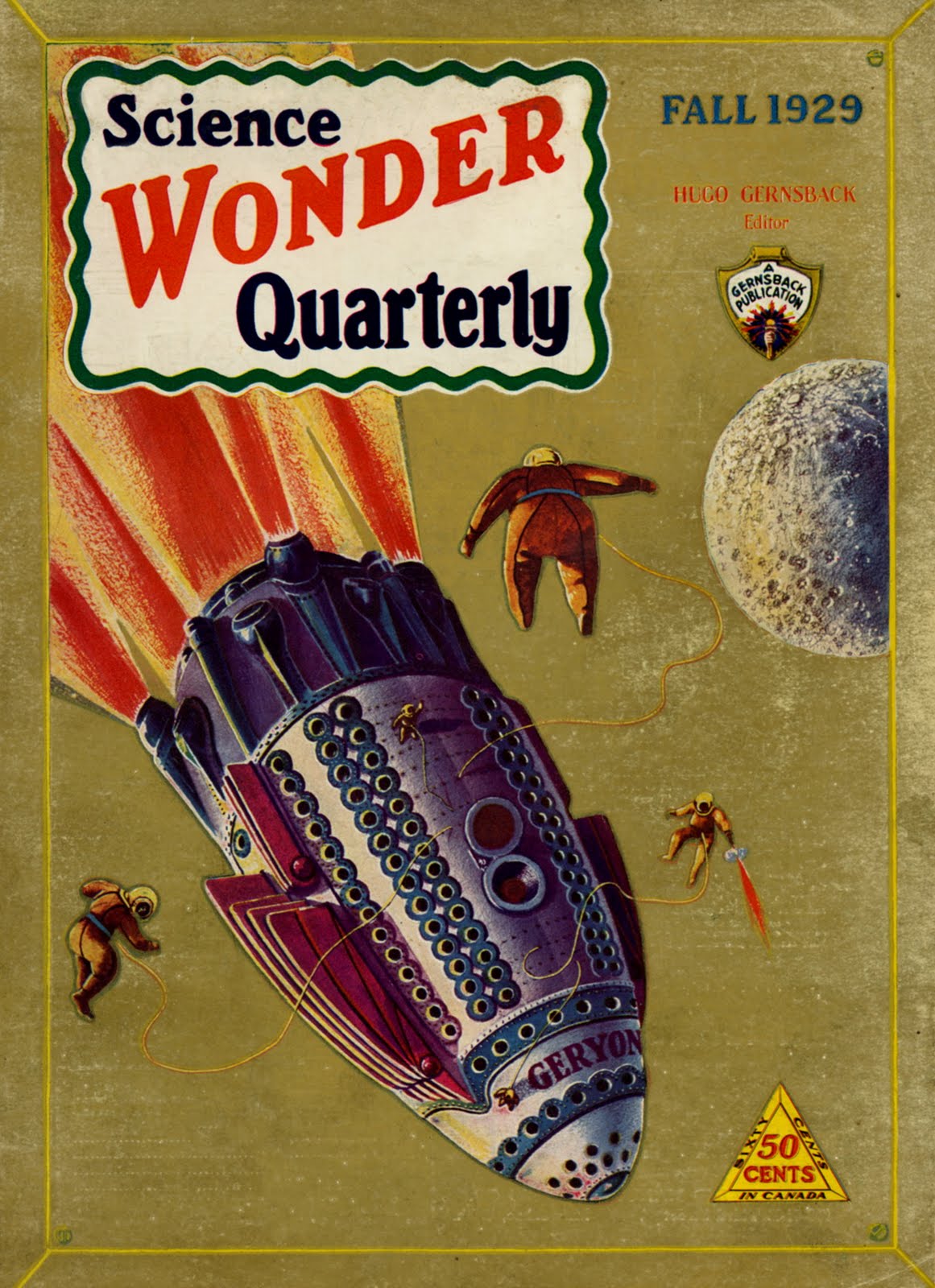 Title: The Artificial Man
Title: The Artificial Man
Author: Clare Winger Harris
Date of First Publication: September 1929
Place of Publication: Science Wonder Quarterly
Type: Short Story
Characters: No Character
Themes: ANDROID; BYRONIC HERO; POSTHUMAN; MAD SCIENTIST/MONSTER; SYMPATHETIC MONSTER; WOMEN WRITING MONSTERS
Critical Summary: The story begins with the commendation of George Gregory for his physical and mental perfection. George is said to believe that mental and physical perfection are intertwined, and if you have one, you have the other. Therefore, George does not believe that he can be physically in danger. During the Thanksgiving game, however, George sustains an injury and is forced to have his right leg amputated.
After telling his love, Rosalind, that he has lost part of his soul with the loss of his leg, George offers to let her go. However, Rosalind promises George her love and begs their friend, David to help convince George that he has not lost part of his soul. George recovers physically but not mentally. He seeks a way to regain his physical and mental perfection.
Rosalind and David end up marrying, and George spends five years having parts of himself experimented on and replaced with mechanical pieces. Keeping his right arm, George replaces his other limbs along with some of his organs, including his heart, ears, and nose. He keeps his eyes intact.
On returning home, George reveals his changes to David and explains how most of the human body can be made stronger through replacements.
George then attempts to kill David. He is interrupted by an associate named Lucius and the police, who realize George’s weakness is his right arm, which controls the control board on his chest. They defeat George, killing him in the process. The story ends with George telling Lucius that while George was technically right about how mental and physical perfection would keep each part in balance, George had realized that it was the strength of the mind that mattered more than physical strength.
Like in Frankenstein, we are faced with a main character who is a Byronic Hero. George believes his own condition and sorrows are unique only to him. He believes no one else can understand him. He also believes himself to be smarter than everyone else in his ability to understand how the mind and the physical body are connected. George is a literal android with most of his body and organs replaced by robotics. George also represents the Last Human because he represents what humanity can become through evolution if they continue to use science to fix disabilities and physical handicaps via technological advancements. George is not only a Frankenstein monster (made up of parts and physically created), but he is a sympathetic monster in that the reader can understand his desire to perfect himself. George just wanted to be physically well.
Administrative Notes: Elizajane Wright, CSUF. Mark LaMonica (editing).
